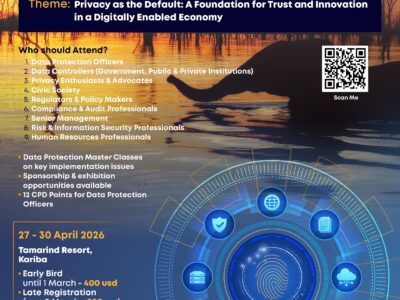The University of Cape Town (UCT) has announced it will no longer use artificial intelligence (AI) detection software to monitor student assignments. The institution cited concerns over reliability and the need for a more ethical approach to AI integration in academia. The decision comes amid growing debates over the role of AI in education, with some academics warning that unchecked AI use could undermine the credibility of degrees. Others have argueed for adapting assessment methods to embrace technological advancements.
UCT’s Centre for Innovation in Learning and Teaching confirmed the discontinuation of Turnitin’s AI detection feature, which was initially introduced to identify AI-generated content in student submissions. According to Sukaina Walji, the centre’s director, the technology produces too many false positives and negatives, making it an unreliable measure of academic integrity.
“We decided to discontinue the use of the AI Turnitin Detector score for a number of reasons. The main reason is that, in our experience, these tools are not reliable enough,” Walji told Newzroom Afrika.
By Gamuchirai Mapako
She explained that AI detection tools which are themselves AI-based struggle to differentiate between human and machine-generated writing due to the increasing sophistication of large language models like ChatGPT. This unreliability, she argued, fosters mistrust between students and educators.
“That is fundamentally the wrong way to approach teaching and learning,” Walji said.
Instead of relying on detection software, UCT has adopted a two-pronged strategy, encouraging responsible AI use and redesigning assessments. With AI now a permanent fixture in academia, UCT is modifying its evaluation methods to either incorporate AI responsibly or eliminate its use where necessary.
In cases where AI is prohibited such as in exams testing critical thinking, the university has reintroduced traditional invigilated tests, oral examinations, and observed practical assessments.
While UCT is embracing AI adaptation, some academics remain deeply concerned. Andy Carolin, an associate professor in the University of Johannesburg’s English department, argues that AI-generated submissions pose a serious risk to the value of university degrees.
He criticised AI detectors like Turnitin and Grammarly as insufficient, providing only superficial claims about AI usage. More alarmingly, he said, many students are skipping course readings altogether, relying on AI to complete assignments without engaging with the material.
“We risk an ever-increasing number of students who hold certificates that fraudulently certify their mastery of skills and content knowledge that some may have only barely attempted,” Carolin said. This doesn’t just harm individuals, it damages higher education and the economy.
This debate highlights a growing divide in academia. On one side are institutions like UCT, which see AI as an inevitable tool that must be integrated thoughtfully. On the other are educators like Carolin, who believe AI undermines learning and necessitates stricter controls.
South Africa’s higher education sector is particularly vulnerable due to government policies that incentivise graduation rates over rigorous assessment. Critics argue this pressures universities to pass students who may not have truly mastered their subjects.
As AI evolves, universities worldwide are grappling with similar challenges. Some, like UCT, are opting for policy shifts that encourage ethical AI use while redesigning assessments. Others may follow Carolin’s stricter approach, reverting to traditional exam settings to curb cheating.
The education system must adapt whether by embracing AI as a learning aid or finding new ways to preserve academic rigor in the age of chatbots.














Comments